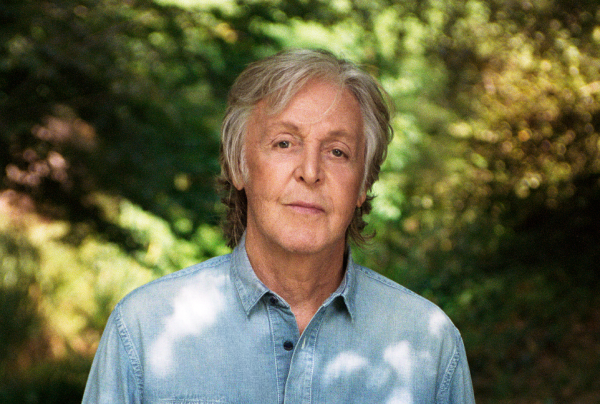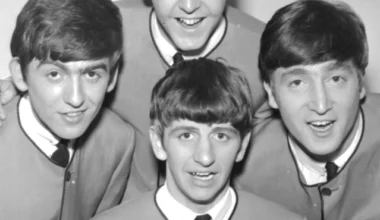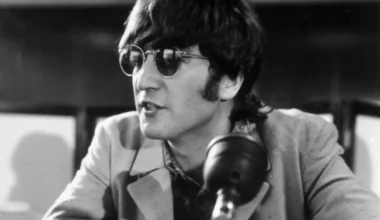With the release of their sixth album, “Rubber Soul,” The Beatles launched on a revolutionary journey that noted a crucial turning point in their musical evolution. “Rubber Soul” unveiled an enhanced maturity and artistic depth that showcased The Beatles’ capacity for experimentation, innovation, and lyrical sophistication.
The recording sessions for “Rubber Soul” were productive, producing not only the album itself but also a collection of tracks that didn’t make the final cut. Instead of abandoning this excess material, The Beatles released some as standalone singles. Notably, the double A-side singles “We Can Work It Out” and “Day Tripper” emerged from these sessions. This tactical move illustrated that The Beatles could maintain their massive popularity while pushing the limits of their sound.
“We Can Work It Out,” one half of this legendary single, is an outstanding song distinguished by its varied fast and slow rhythms. It was inspired by Paul McCartney’s romantic relationship with actor and model Jane Asher, whom he began dating in 1963. And with whom he remained involved for five years. However, when McCartney penned the song, he was struggling with the difficulties of their relationship. He expresses his anxieties and frustrations in the lyrics.
In his own words, as shared in “The Lyrics: 1956 To The Present,” Paul McCartney mirrored on the song’s origins: “It was 1965. Things were not going so smoothly between Jane Asher and me. Everyone has subtle arguments where you think, ‘God, I wish they could understand where I’m coming from’ or ‘I wish they could get it’. They obviously don’t; they think I’m some kind of idiot or bully or something.”
He discussed, revealing the song’s selfish emotions: “It was just normal boyfriend-girlfriend stuff where she’d want it one way. I’d want it another way and I would try to convince her, or she would try to convince me. Most of the time, we got on really well. But there would be strange moments where one or the other of us would get hurt.”
Throughout “We Can Work It Out,” McCartney delivers direct and emotional lines like “Do I have to keep on talking till I can’t go on?” and “Life is very short, and there’s no time for arguing, my friend.” These lyrics reflect the promptness of his feelings and the emergency to resolve the relationship’s fights.
Paul McCartney further explained the healing potential of songwriting. He said, “I started writing the song to try to figure my way out of feeling bad after an argument. It was really fresh in my mind. You can’t write this kind of song two weeks later. You have to do it immediately. Writing a song is a good way to get your thoughts out and to allow yourself to say things that you might not say to the other person.”
While “We Can Work It Out” might have been born from a moment of conflict. It ultimately served as a testament to the complexities of love and relationships. McCartney’s ability to capture the core of a personal struggle connected with countless listeners who could relate to the song’s universal themes.
The relationship between Paul McCartney and Asher continued for a few more years but eventually ended in 1968. Asher said McCartney’s drug use was one of the contributing factors to their detachment. The song “We Can Work It Out” remains a timeless recall of the band’s ability to blend personal experiences into their music and create songs that undergo through the ages.
This chapter of The Beatles’ journey, is marked by the release of “Rubber Soul” and its associated singles. It showcased their deep songwriting skills and the emotional depth they could bring to their music. It reinforced their status as not just a pop sensation. But as one of the most influential and enduring bands in the history of music.








